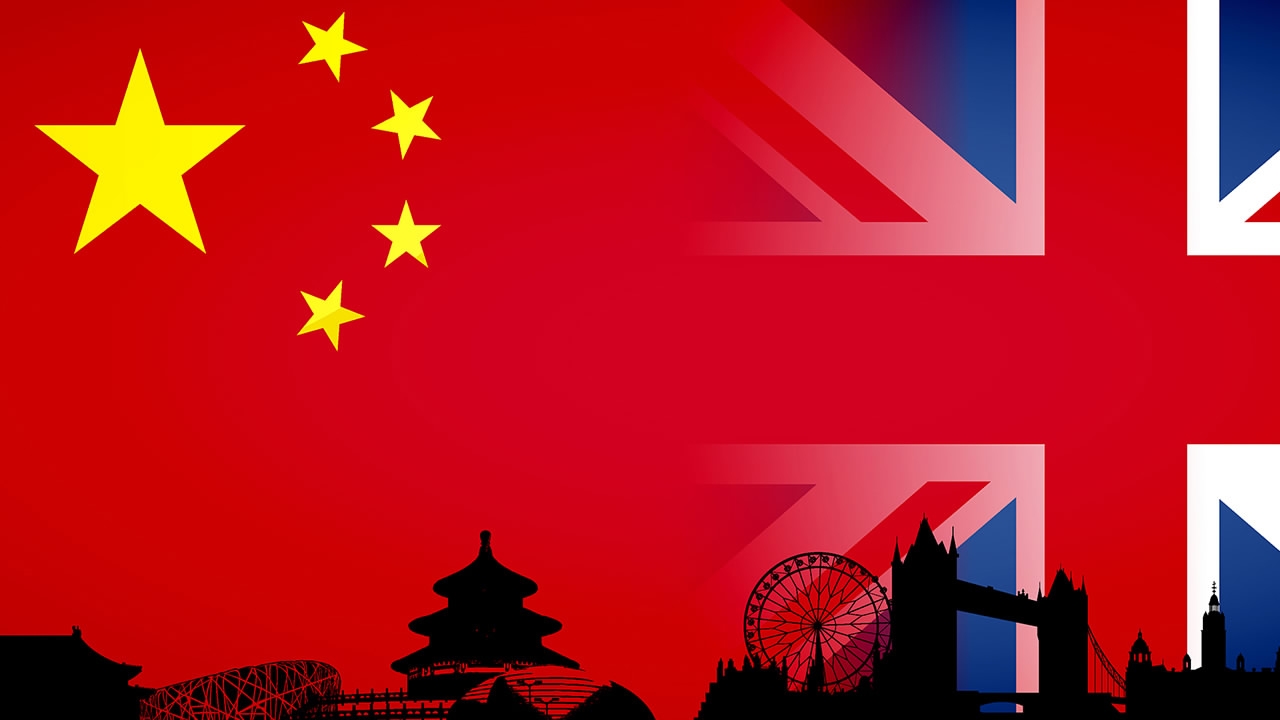
Business
22:26, 31-Jan-2018
Expert: Sino-UK cooperation is boosted under the ‘Belt and Road Initiative’
By CGTN’s Hu Binyi

British Prime Minister Theresa May began her first official visit to China on Wednesday, which is scheduled to last for three days. During the visit, May is expected to discuss the blueprint of the relations between China and the UK. The cooperation between the two countries is imperative whether in the past or in the future.
The Belt and Road Initiative has played a key role in promoting trade relations and mutual investment between the two sides. Based on the guideline, Sino-UK cooperation launched a series of programs, including the construction of the Hinkley Point C nuclear power station.
Over the years, China attracted a large amount of investment from the UK. By the end of 2017, Britain’s cumulative direct investment in China had reached 22.55 billion US dollars, making the UK the second-largest EU investor in China. Meanwhile, Britain is also China's second-largest investment destination within the EU.

VCG Photo
VCG Photo
“A couple of years ago, actually the UK was not very enthusiastic about the Belt and Road Initiative. I think the reason is probably that there has been a lack of transparency in the Belt and Road program, so they took the time to really understand the implications, and also to push China to bring a more concreted proposal on how to participate to the table,” said Liu Baocheng, the dean of the Center for International Business Ethics, at the University of International Business and Economics.
And now, Britain is active in the Belt and Road program because China is proposing to bring more green finance and green technology, which the UK can play a very important part in. And the Ministry spokesperson Hua Chunying hailed the Belt and Road Initiative as a great pathway for Sino-UK cooperation, by saying, “We believe that it is beneficiary for the two countries to strengthen pragmatic cooperation under the framework of the Belt and Road Initiative.”
Another thing to mention is that Brexit also brings some opportunities for Sino-UK cooperation. Liu considers China’s economy as a top priority for UK’s consideration in terms of trade growth and economic ties as, particularly since 2015, there has been an interwoven relationship in terms of the first participation of the AIIB.
“I have to remember that from the Chinese perspective we cannot really take Brexit as a unique opportunity. Because Brexit does not mean we have to get isolated from the EU, therefore we have to keep a very close watch on how the exit is going to take place,” Liu commented.

SITEMAP
Copyright © 2018 CGTN. Beijing ICP prepared NO.16065310-3
Copyright © 2018 CGTN. Beijing ICP prepared NO.16065310-3